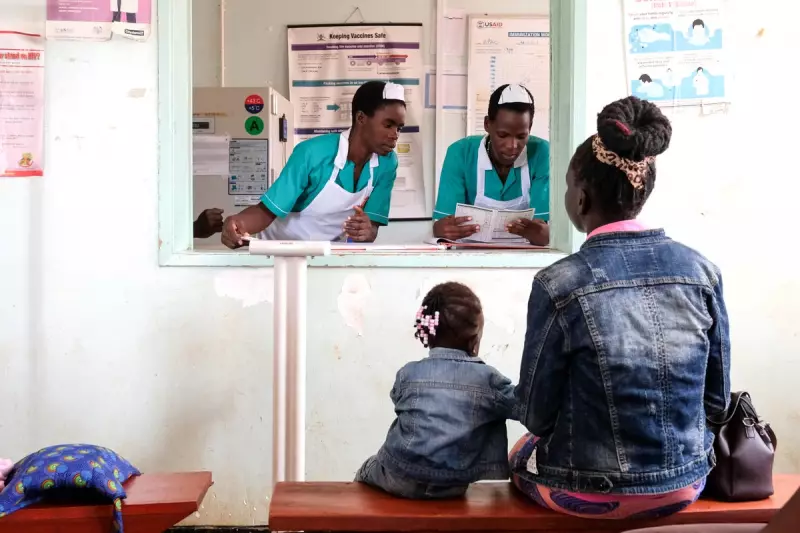
A devastating new analysis has laid bare the catastrophic human cost of the UK Government's aid budget cuts, linking them directly to a sharp and deadly resurgence of malaria across sub-Saharan Africa.
The report, from the All-Party Parliamentary Group on Malaria and Neglected Tropical Diseases, reveals that the decision to slash funding has effectively dismantled a world-leading programme that was previously a cornerstone of global health efforts. This retreat is now measured in a tragic surge of illness and death in some of the world's most vulnerable communities.
The Human Toll of a Political Decision
Prior to the cuts, the UK was a undisputed leader in the fight against malaria, contributing 30% of all global funding to the RBM Partnership to End Malaria. This strategic investment was delivering tangible results, saving millions of lives and putting the goal of eradicating the disease within reach.
However, the abrupt and deep reduction in aid has had a domino effect. Critical interventions have been scaled back or abandoned entirely. This includes:
- A collapse in mosquito net distribution, leaving millions unprotected from infected bites.
- A severe reduction in access to life-saving treatments and preventative medicines, particularly for pregnant women and children.
- The stalling of vital research and development into new insecticides and antimalarial drugs.
The consequences are not just a statistical setback; they represent a profound moral failure. Health experts on the ground report that progress has not merely stalled but has gone into reverse, with death rates climbing rapidly.
A Blow to Global Britain's Reputation
The report's findings deliver a severe blow to the UK's international standing. The nation's reputation as a reliable, evidence-driven partner in global health has been severely damaged. This shift in policy is seen by allies and health organisations as a short-sighted move that undermines decades of progress and expertise.
Beyond the immediate tragedy, there is a growing fear of a wider global health crisis. A resurgent malaria parasite, strengthened by decreased monitoring and control, could develop greater resistance to treatments, posing a renewed threat worldwide.
An Urgent Call for Reversal
The report concludes with an urgent plea to the UK government to restore its leadership and funding. It argues that reinstating the aid budget is not merely an act of charity but a strategic investment in global stability and health security.
With the upcoming spending review, MPs and health advocates are demanding a reversal of these cuts, warning that further inaction will only lead to more preventable deaths and cement a legacy of avoidable suffering.





